phenomenal_graffiti
Active Idealist


Number of posts : 89
Age : 57
Location : Austin, Texas
Registration date : 2009-01-14
 |  Subject: WEIRD CHRISTIANITY Issue 3: THE REIGN OF THE ID Subject: WEIRD CHRISTIANITY Issue 3: THE REIGN OF THE ID  Wed Feb 24, 2010 7:59 am Wed Feb 24, 2010 7:59 am | |
|  FOREWORDExistence is the ultimate authority, as no one that exists, not even God, can control the fact that they happen to exist through no choice of their own. Existence without choice is what Sartre refers to as “thrownness”: "How did I get into the world? Why was I not asked about it and why was I not informed of the rules and regulations but just thrust into the ranks as if I had been bought by a peddling shanghaier of human beings? How did I get involved in this big enterprise called actuality? Why should I be involved? Isn't it a matter of choice? And if I am compelled to be involved, where is the manager? I have something to say about this. Is there no manager? To whom shall I make my complaint?" FOREWORDExistence is the ultimate authority, as no one that exists, not even God, can control the fact that they happen to exist through no choice of their own. Existence without choice is what Sartre refers to as “thrownness”: "How did I get into the world? Why was I not asked about it and why was I not informed of the rules and regulations but just thrust into the ranks as if I had been bought by a peddling shanghaier of human beings? How did I get involved in this big enterprise called actuality? Why should I be involved? Isn't it a matter of choice? And if I am compelled to be involved, where is the manager? I have something to say about this. Is there no manager? To whom shall I make my complaint?" Kierkegaard, Soren: Repetition in Kierkegaard's Writings, vol. 6, Princeton University Press, 1983 ""Heidegger coined the term "thrownness" (also used by Sartre) to describe this idea that human beings are "thrown" into existence without having chosen it. Existentialists consider being thrown into existence as prior to, and the horizon or context of, any other thoughts or ideas that humans have or definitions of themselves that they create."(Wikipedia,: Existentialism, http://en.wikipedia.org/wiki/Existentialism)Below the level of Sartre’s “thrownness” lies Power. The reality is that certain beings are controlled by others, usually through implied or physical threat (imagine what would happen if you don’t pay your taxes, make false accusations in court, or refuse to pay your mortgage!). To those to whom no gods exist, we are controlled, each second, by the causal setups determining the practices and possibilities of the body and brain. These are in turn controlled by the blind and random (but lawful) happenstances of an unconscious, physical universe.
For those who believe in gods, things are more interesting….and disturbing. If the gods or God one believes in or worships divorces itself /themselves from determinism, we are released into the custody of a non-conscious, physical mechanism. If, however, a God or gods determines human fate or at least influences the environment that determines human mind and behavior, the question begs concerning the morality, competency, and potency of a Deity or deities---particularly in light of the existence of natural and deliberate evil.
When it comes to evaluating the morality of a God or gods, reason dictates that, given human evaluation of morality, one must compare a god’s conceivable notion of right and wrong to right and wrong as commonly understood by human beings (Hume). A simple definition of morality, then, based on expectations of survival and felicity, holds that “goodness” is the tendency to create and/or maintain the physical and emotional well-being of self and others to the best of one’s ability. One who is “good”, then, refuses to impose experiences upon others one would not wish to experience if the shoe was on the other foot. “Evil”, on the other hand, is simply the polar opposite of “good”: an evil being (a deliberately evil being) imposes experiences upon others one would not wish to experience if the shoe were on the other foot.
Beyond the simple definition, notions of good and evil become ambiguous, vague, meaningless. To describe a god as “good” or “evil” and mean not the simple definition tells us nothing about the moral nature of a god that is obvious and uncomplicated to simple human reason. If, however, one applies the simple definition of “good” and “evil” to one’s conception of a God or gods, a simple and uncomplicated Litmus Test emerges, by which one can judge gods to be good, evil, or an admixture of both.
But let there be no mistake: a god’s allowance of misery, suffering, and psychical/emotional corruption, if that god possesses the power to remove all evil once and forever from existence, is an unquestionable indication that that god is evil. This is a point so crucial to the Problem of Evil (the problem of reconciling a good God with the existence of natural and deliberate evils) that it bears repeating:Any god, no matter that god’s excuse or any excuse one may give for that god’s allowance of the existence of evil, if the god possesses the power to remove evil from existence forever but for some reason does not, is necessarily an evil god.This is not to say that an evil god is necessarily psychopathic, but a god that allows the existence of evil is necessarily pernicious, no matter how “good” the god or others consider the god to be, and no matter how justified the ends. The god is evil in the sense that the god is harmful, by allowing harm to exist. But herein lies the rub: every conscious god that can remove evil once and forever but does not (for any reason) is necessarily evil. Unconscious gods (that is, gods that were once conscious but are no longer or are in a state of altered consciousness affecting their ability to remove evil), on the other hand, are effectively absolved of their creation of evil, if evil exists through a god’s unconscious utilization of power.
The unconscious mind of the Judeo-Christian God, the Psychic Chaos, is the perfect scapegoat and deus ex machina: the Problem of Evil is effectively solved if there is an omnipotent and omnibenevolent God who could and would eliminate all evil immediately and forever, but cannot---due to the fact that his own unconscious has “shut down” the conscious mind that would immediately remove, or prevent from existing in the first place, natural and deliberate evil.
The upshot is that the “perfect goodness of God”, so denied by skeptic James H. Dee in his Austin-American Statesman editorial: “Good God Is A Contradiction In Terms” (July, 2000), is saved, if we remove a conscious, wakeful God from the Problem of Evil:“If Weird Christianity theology is true, the existence of natural and deliberate evil is a consequence of the automated activity of God’s unconscious mind, acting beyond his conscious will and influence to create a world that, by nature, opposes or is the opposite of God’s immortality, invincibility, and incorruptibleness.
The world as we know and experience it, then, is a tornado of good and evil, created by the clashing warm and cold fronts of the automated Unconscious and it’s unthinking production of the Opposite, and the conscious mind of God in it’s less-than-omnipotent dream state, asserting itself whenever and wherever it can to undo or undermine the evil manifestations of the unconscious.”
-the author As stated in Weird Christianity issue two (“The Psychic Chaos”), it is contended that the God of the Bible, the Christian God, is not awake but is currently dreaming, as that God would, if awake, obliterate humanity given his intolerance for evil. The tale of Weird Christianity, then, is one of the usurpation of the wakeful mind of God by his Unconscious, and the terrible journey his dream-self must undertake in order to return the mind of God to it’s previous, non-evil state. In addition to his long climb from dreaming mind to normative consciousness, God must also discover a way to permanently bind the Chaos: he must force the Chaos it to infallibly operate, for eternity, in the service of his normative, non-evil mind rather than rampage free of his conscious control.
If Weird Christian theology is true, the world will be a better place…when God awakes, at last, from the dream.
Without further ado…   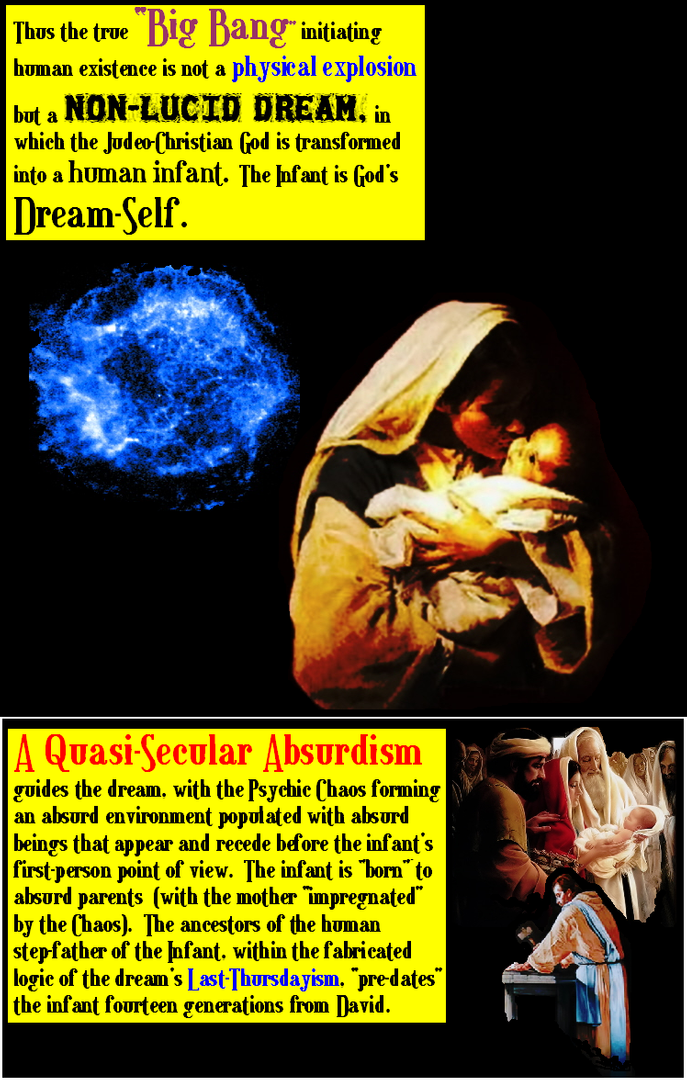 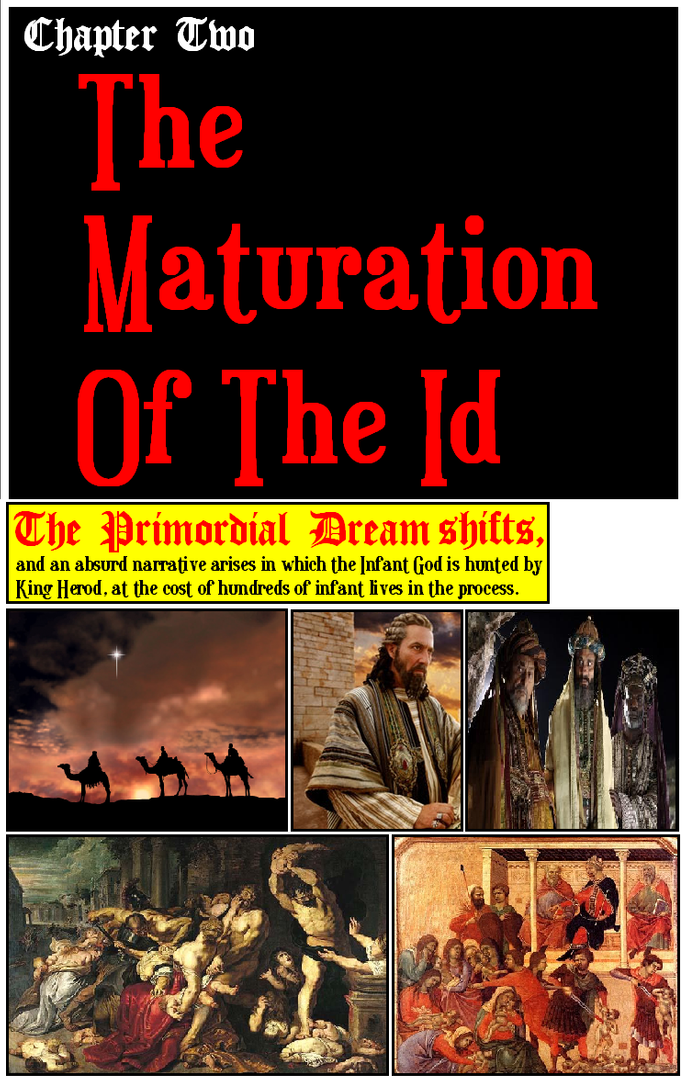   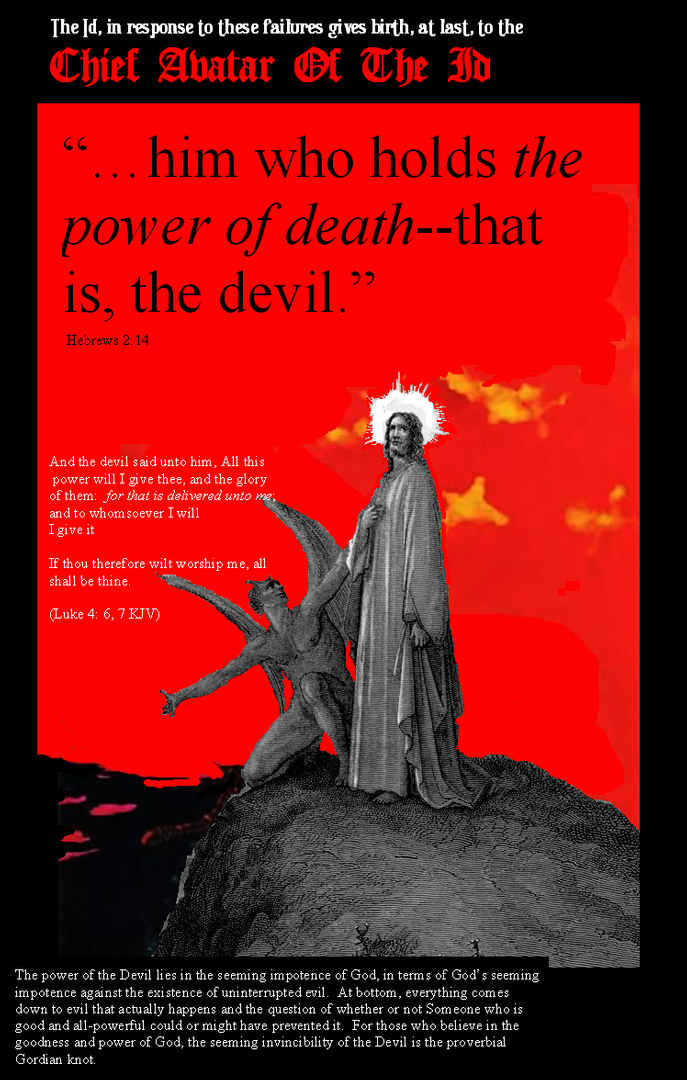       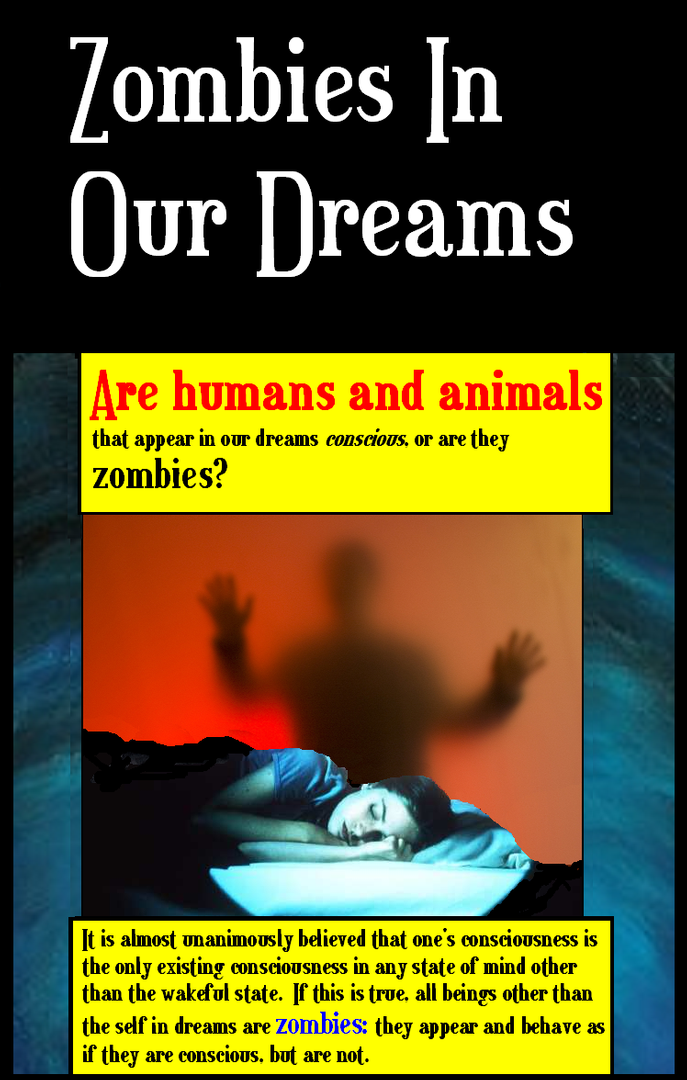 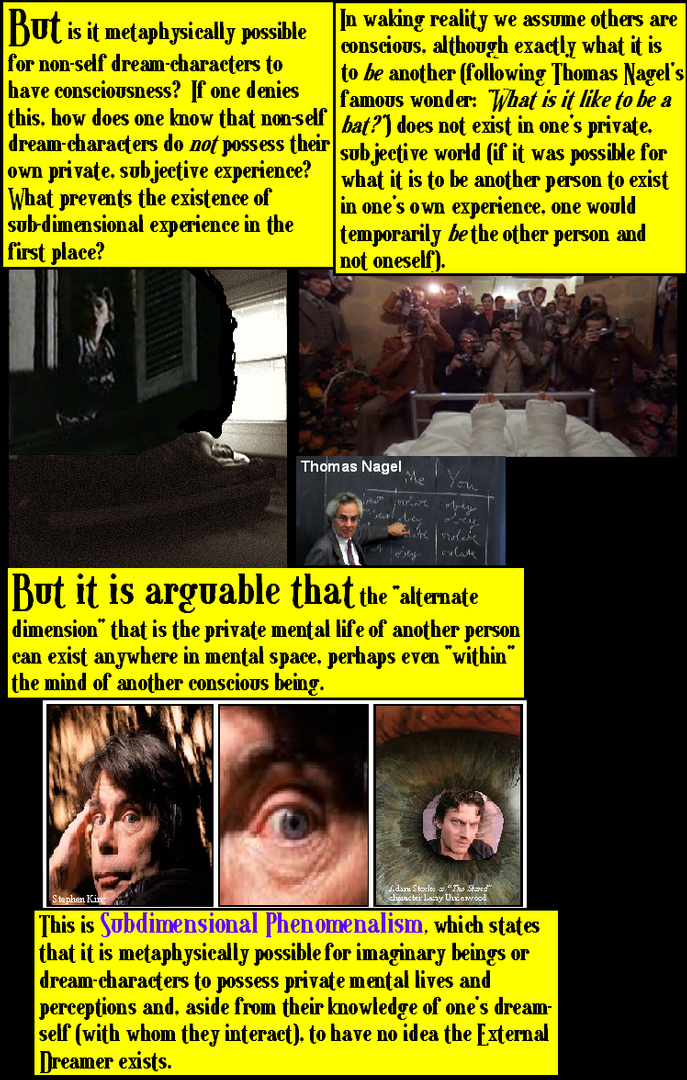     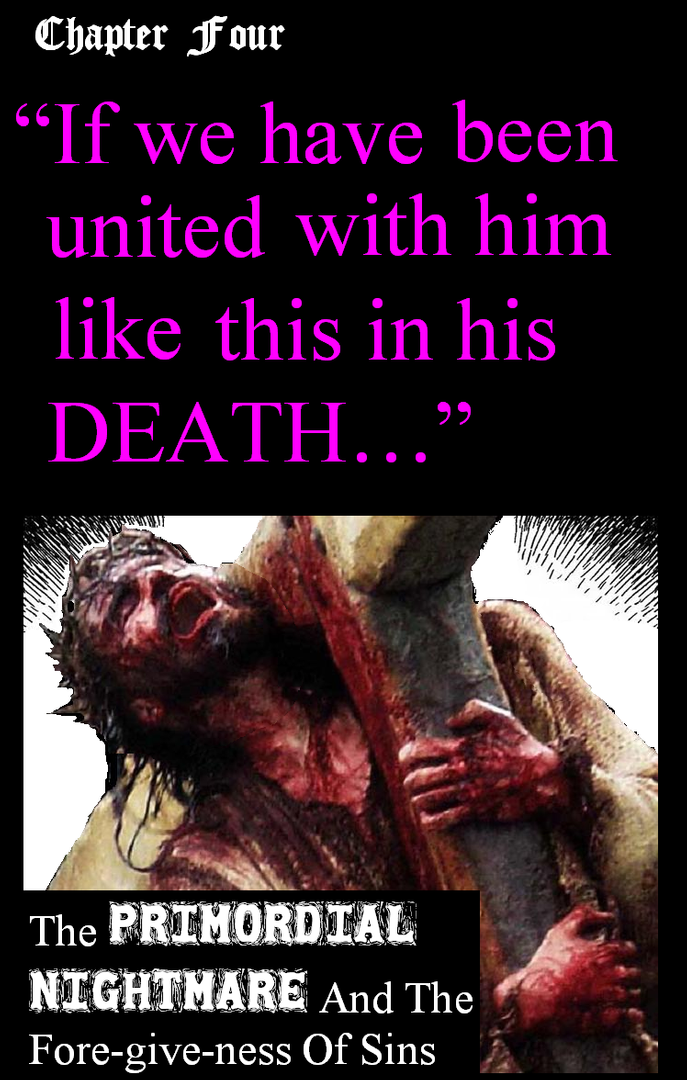    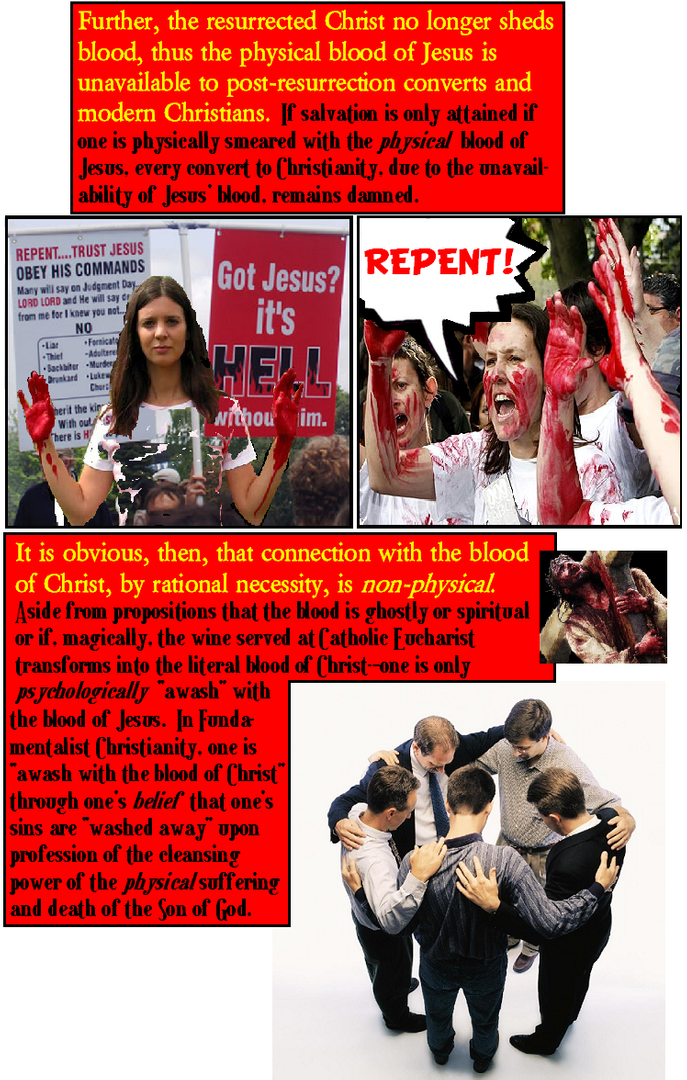      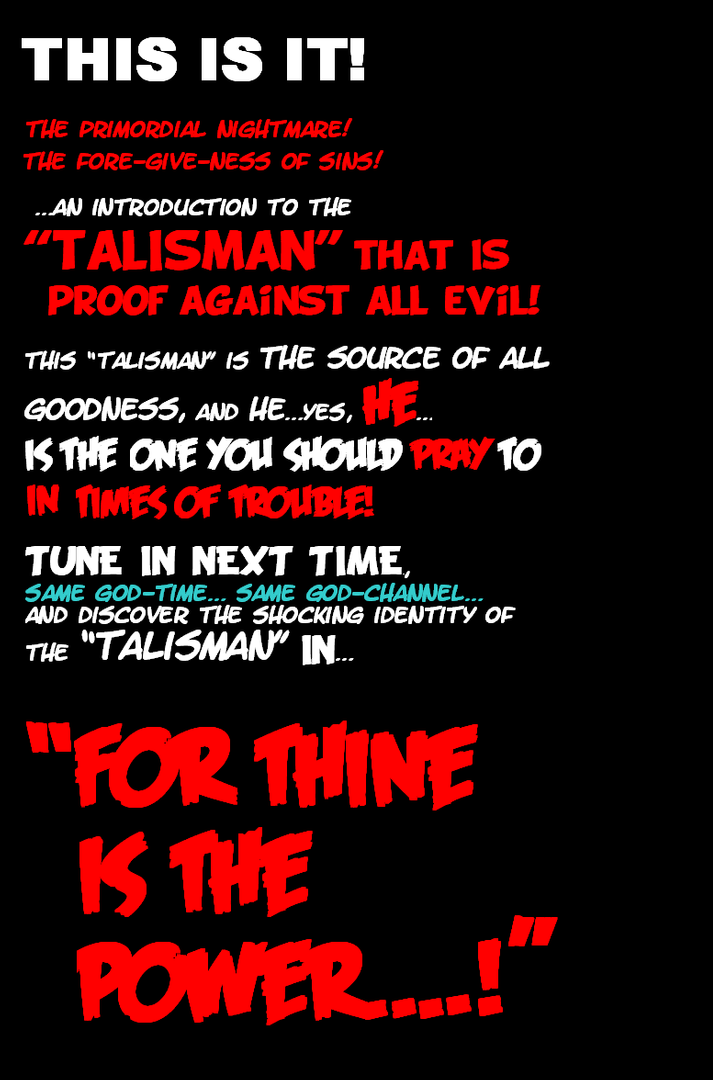 | |
|
